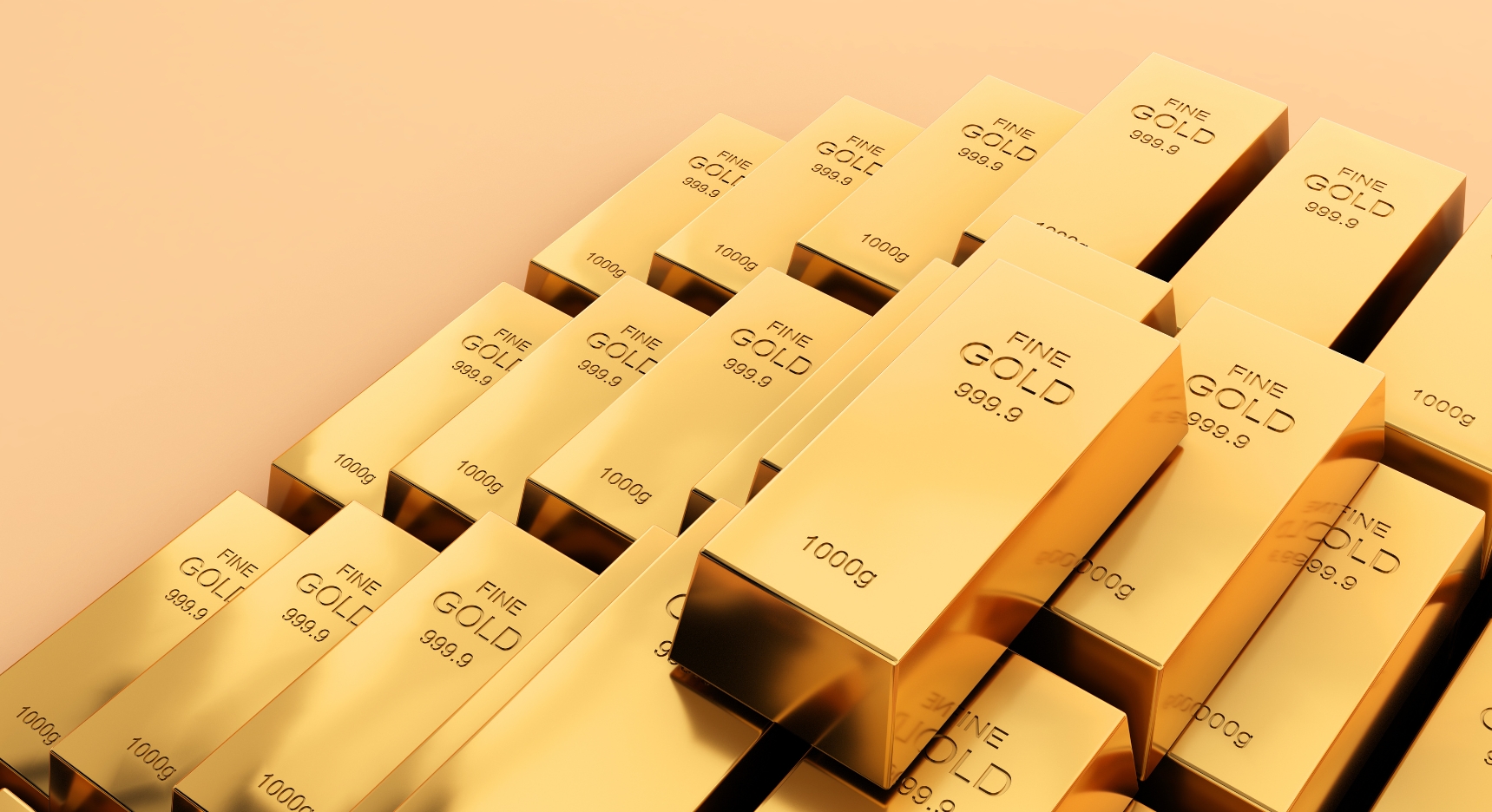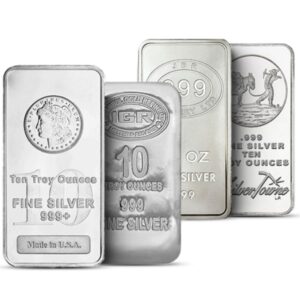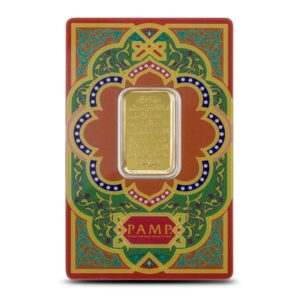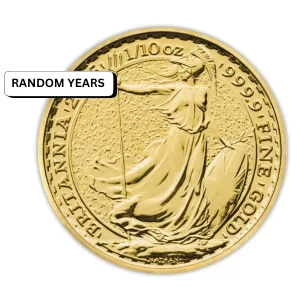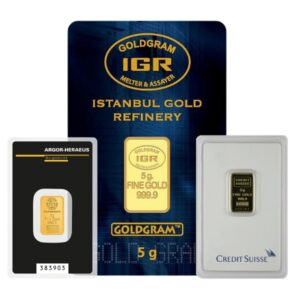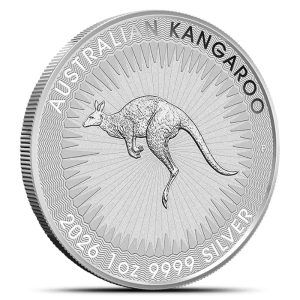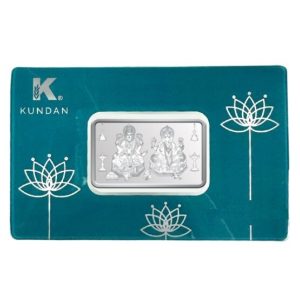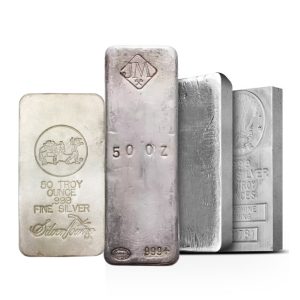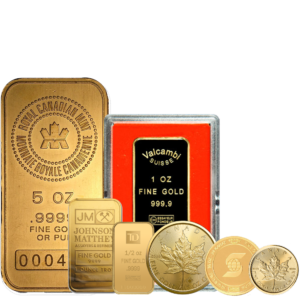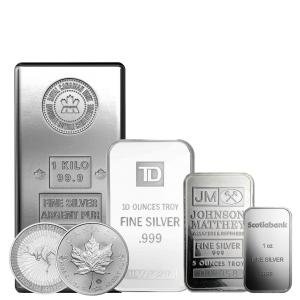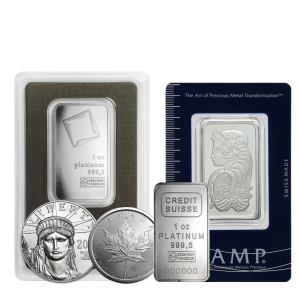Gold reserves and economic stability
Today, Donald J. Trump was inaugurated as the 47th President of the United States and so begins the next chapter of not only the United States economy, but the world’s economy. Over the preceding weeks, we have covered in length the impact potential Trump policies would have on the global economy; and today during his address, he doubled down on his threat of sanctions on foreign countries challenging the dominance of the United States Dollar.
The main opposition being BRICS+ who has continued to move mutual trade settlements away from United States Dollars and toward national currencies and most importantly, gold, in a process termed “De-Dollarization”. Most recently, it was reported that Nigeria was the next country to join the BRICS+ coalition. This being a country with the sixth largest population in the world, and the largest in Africa adding another 230,000,000+ people to the overall population of BRICS+. With the announcement of Nigeria’s membership happening just prior to the inauguration of President Trump, it leads many to believe countries may not be as fearful of Trump’s financial threats. What it comes down to is real wealth. Nigeria is rich in natural gas and fertile agricultural land, as well as being considered a gold powerhouse in West Africa, again, highlighting the importance of gold reserves to the original BRICS members when considering membership for other nations.
While many believe Trump’s presidency will be good for stocks and risk on assets, the threat of financial trade wars via tariffs is a policy in complete opposition of that belief. The reason for this is because as countries lose reliable trade revenue due to tariffs, they will be forced to find stability through other assets. All monetary history has shown the asset turned to in these situations is gold due to its scarcity, which, is backed up by the record purchasing of gold done by countries over the past 2-3 years.
When turning our attention to Canada, the topic of gold reserves becomes sensitive. Even though Canada is one of the richest countries when it comes to in-ground gold reserves, Canada’s physical gold reserves align with the likes of the Congo, Turkmenistan, and Nicaragua with a grand total of zero ounces in stock. From a financial perspective, this presents a massive risk to the security of the country as gold reserves have long been used to measure the health of a country. With gold historically giving value to the circulating paper currency of a nation, a country with no gold seemingly has no real value linked to its money. Even with gold not being directly tied to fiat currency in today’s economy, the United States still leads all countries when it comes to their gold reserves sitting at 8133.5 metric tonnes of gold leading 2nd place Germany by nearly 5,000 tonnes.
This gives further proof to the power of gold. While the United States Dollar is not linked to gold directly, the fact their government holds the most gold gives them economic strength over other nations, hence their world reserve currency status. Again, with Canada having zero gold ounces in reserve, it is up to the citizens of Canada to be their own bank and to protect themselves from the rapid devaluation of fiat currency being seen. It should be noted the Canadian Dollar has only ever been weaker one other time in its history, which occurred during the 2000 Dotcom crash.
Turning our attention to just how detrimental Trudeau’s decision was to sell all the countries’ gold, look below to see the breakdown of how much Canada’s gold reserves would be worth today.
Trudeau took over as Prime Minister of Canada on November 4th, 2015, and began selling Canada’s gold reserves almost immediately. The last of Canada’s gold was gone in just a few short months with the final ounces being sold in February of 2016 just 4 months later. Based on sales reports from that time, Trudeau sold Canada’s gold for the following prices:
December 2015
41,106 troy ounces @ $1600 CAD/oz on average
January 2016
32,860 troy ounces @ $1775 CAD/oz on average
February 2016
21,851 troy ounces @ $1775 CAD/oz on average
TOTAL FINAL SALE
95,817 troy ounces sold for an estimate of $162,881,625 CAD.
Today, those 95,817 troy ounces of gold would be worth $368,266,890 a staggering difference of $205,585,270 represented by a missed gain of 126.1% in just 8 years. Gold has never been a get rich quick scheme but has always been a means to sustained wealth for both countries and individuals.
To emphasize how poorly thought out the idea to sell Canada’s gold reserves was, it is important to understand that Canada is now the only country in the G7 without a single ounce of gold. In fact, the other 6 members not only hold gold, but they prioritize it.
G7 GOLD RESERVES
The United States holds 8133.5 metric tonnes of gold representing 72.4% of their foreign reserves.
Germany holds 3351.5 metric tonnes of gold representing 71.5% of their foreign reserves.
Italy holds 2451.8 metric tonnes of gold representing 68.3% of their foreign reserves.
France holds 2436.8 metric tonnes of gold representing 69.9% of their foreign reserves.
Japan holds 845.9 metric tonnes of gold representing 5.1% of their foreign reserves.
The United Kingdom holds 310.2 metric tonnes of gold representing 13.4% of their foreign reserves.
Canada gold zero metric tonnes of gold representing zero percent of their foreign reserves.
The start difference should be obvious.
Diving even further, the USA is the #1 county in gold reserves, Germany is #2, Italy is #3, France is #4, Japan is #9, and the UK is #18, Canada is tied for dead last.
It should be becoming clearer and clearer that no matter what is said about stocks, bonds, or the new financial craze that is crypto currencies, countries for thousands of years have prioritized the keeping of a precious metal reserve due to the protection it provides during turbulent times. Regardless of what you think of Donald Trump as President or not, the fact remains that due to his polarizing nature, the possibility for world conflict is high and for that reason countries should continue to prepare for economic shift using gold, and so too should you.
 Hi,
Hi,

